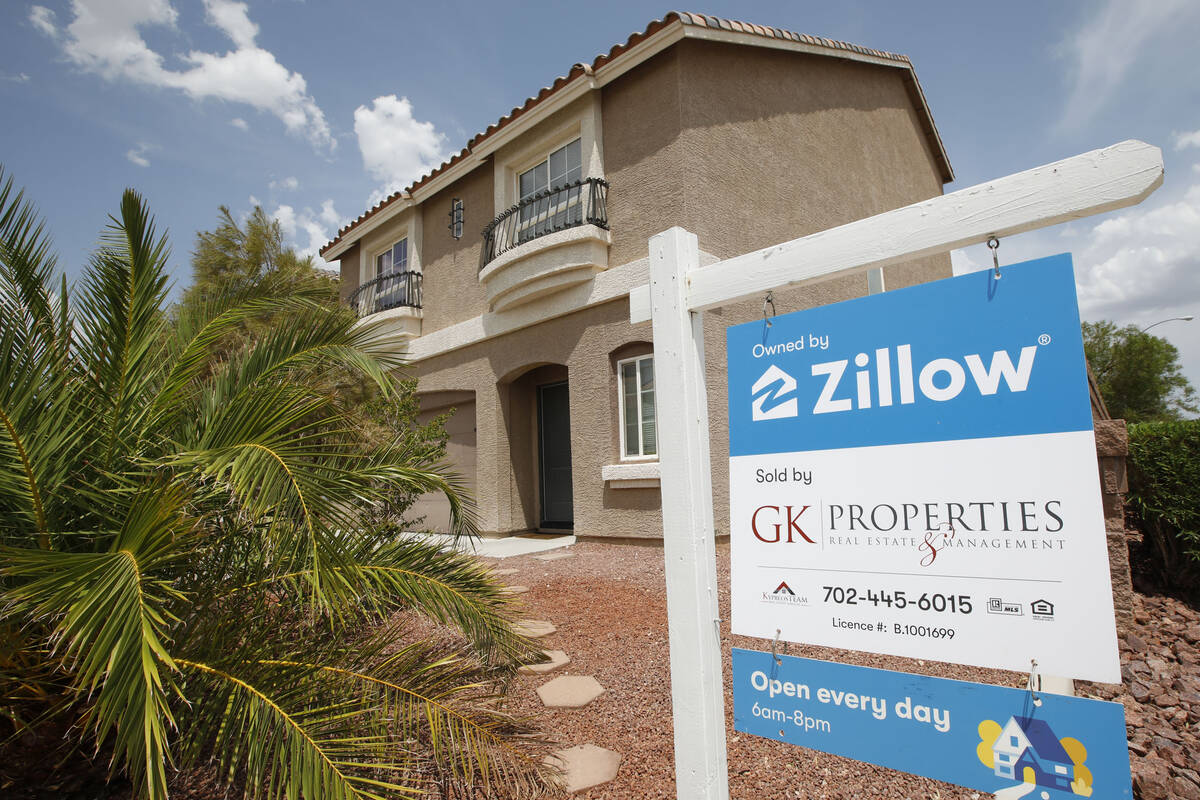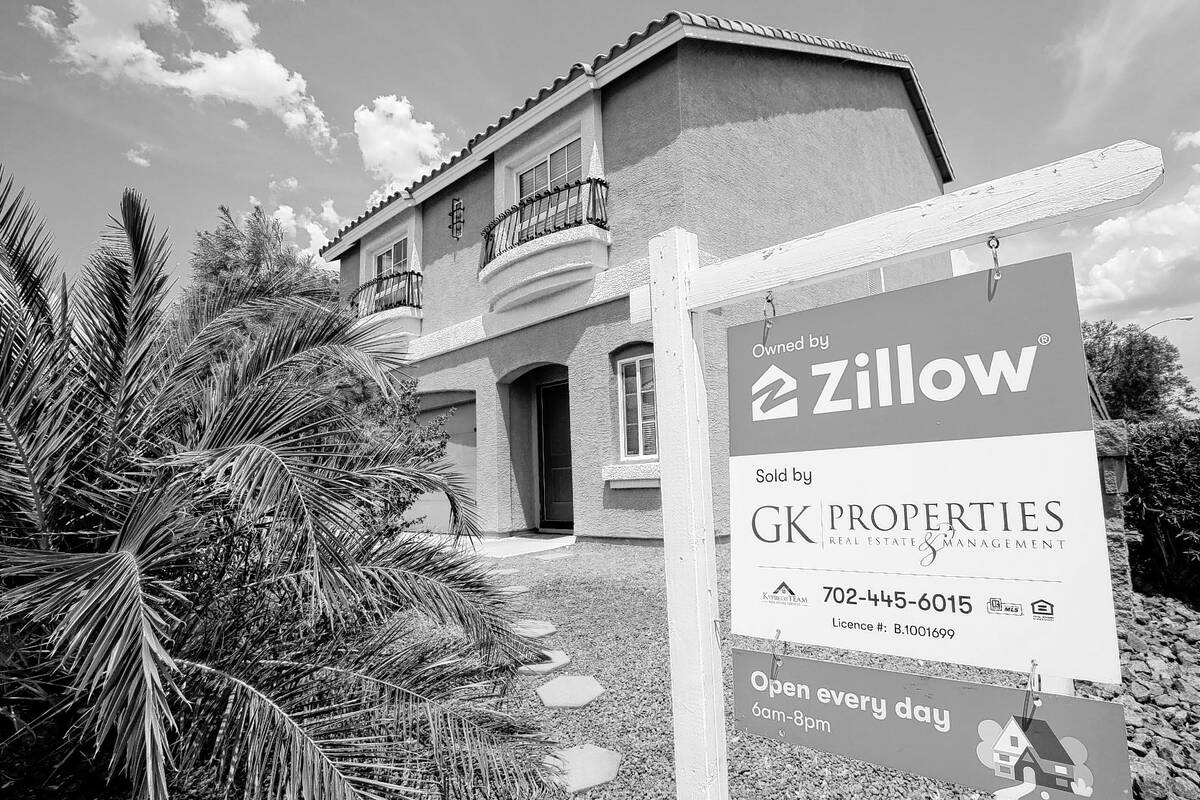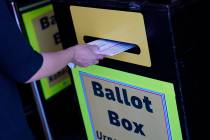VICTOR JOECKS: Takeaways from Las Vegas’ hot housing market
Sky-rocketing home prices in Las Vegas and around the country will have ramifications for years to come.
Start with why prices are spiking. In August, the median cost of previously owned single-family homes in Las Vegas was $405,000. In February 2015, it was $205,000. In February 2019, it was less than $300,000.
Many factors go into housing prices, but one of the biggest is the mortgage rate. In February 2019, the 30-year mortgage rate was around 4.4 percent. As of last week, it’s under 2.9 percent.
Those 1.5 percentage points make a huge difference over decades of mortgage payments. The monthly payment on a 30-year, $300,000 loan at 4.4 percent interest is $1,500. That’s a higher monthly payment than you’d have on a 30-year loan of $360,000 at 2.9 percent interest.
Little wonder housing prices have gone up so rapidly.
It would be one thing if low interest rates were a product of free markets. But the Federal Reserve heavily influences mortgage rates through tools such as the federal funds rate, the rate that interest banks pay each other for short-term loans to meet reserve requirements. The higher the federal funds rate, the higher mortgage rates will be.
In February 2019, the effective federal funds rate was 2.4 percent. Last week, it was under 0.1 percent and has been around that level since late March 2020. Federal Reserve members recently said they see interest rates increasing in 2022. That is necessary to fight runaway inflation.
Higher interest rates will lead to an increase in mortgage rates. If 30-year mortgage rates return to 4.4 percent, expect to see homes now listed for $360,000 priced closer to $300,000. Obviously, other factors could offset that decline, especially if Las Vegas keeps growing.
But a federal policy that is artificially inflating home prices should ring major alarm bells, especially in Las Vegas. A similar scenario didn’t end so well in the mid-2000s.
High home prices also provide some useful perspective on other policy issues. For instance, if you have owned a home in the Las Vegas area since February 2019, your home’s value has likely increased by more than $100,000. If you’ve owned it since 2015, your gain is probably $200,000 or more.
Should the government tax you for that gain? Of course not. It’s a paper gain. You haven’t realized any income from it — and won’t unless you sell your house. You may be wealthier, but your wealth hasn’t changed your income.
So why should “rich” people be taxed on their wealth? Their houses and stock holdings are worth more, but the principle remains the same. Until they sell their assets, their wealth isn’t income. Ultimately, wealth tax proposals, such as the one pushed by Sen. Bernie Sanders, are based on envy, not good economics.
Another question. Should your bank share in your equity gains? Home prices in Las Vegas increased by 22.4 percent over the past year. You’re probably paying your bank an interest rate of under 5 percent.
How is that fair? Because you and the bank signed a contract. As long as you make your payments, the bank doesn’t get to share in your equity gains.
So what happens if — or when — the market corrects by 20 percent? After the 2008 housing crash, many people, including elected officials, wanted to interfere with those contracts on behalf of delinquent homeowners. If a contract is sacrosanct when prices rise, it should be sacrosanct when prices drop.
The principles in place when the market is hot should be the principles upheld when the market declines.
Victor Joecks’ column appears in the Opinion section each Sunday, Wednesday and Friday. Contact him at vjoecks@reviewjournal.com or 702-383-4698. Follow @victorjoecks on Twitter.






























